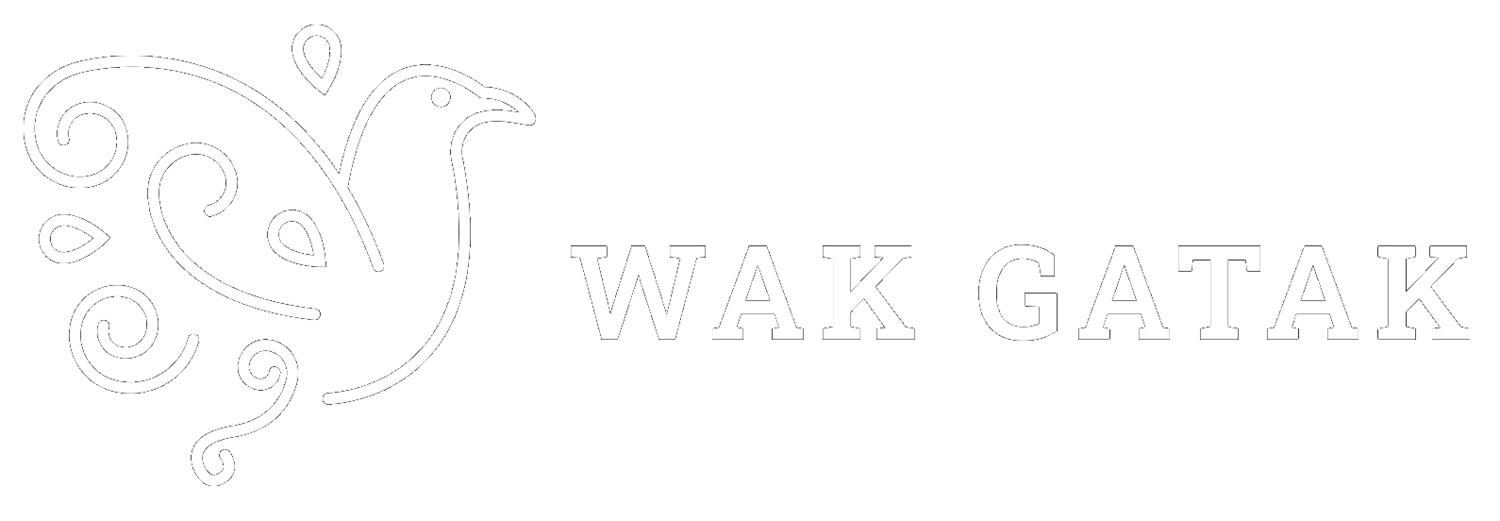
Wak Gatak
Reversing the negative impacts of wildlife trafficking on biodiversity and society.
THE PROBLEM.
Wildlife trafficking is a major cause of extinction on our planet. For decades, Indonesia’s native wildlife has been exploited for domestic and international demand and smugglers have used Indonesia’s transport hubs as transit points for the smuggling and laundering of wildlife for international trade.
This makes Indonesia a strategic target country for combating wildlife trafficking which is estimated to generate $26 billion USD in criminal profits, at the expense of federal and local revenue.
Rampant Trade Driven by Demand
Demand for wildlife creates lucrative illegal supply chains for traders. From wildlife products to traditional medicines to wildlife as pets the trade impacts the majority of species on our planet.
In Indonesia the culture of keeping songbirds has been a longstanding tradition that has recently been compounded with the rise in popularity of songbird competitions and hobbyist clubs around Indonesia.
Law Enforcement
Law enforcement agencies face the daunting task of monitoring thousands of hotspots that include ports, markets, airports, websites and other trafficking centers. They are often ill-equipped and lack the resources and expertise to identify the thousands of protected species ranging from flowers and corals to small songbirds and primates native to Indonesia.
Furthermore, the judicial capacity to fight wildlife crimes is underdeveloped and does not effectively deter illegal wildlife traders from carrying on with business as usual
Indonesia’s Caged-bird Trade
The size and the gravity of the songbird trade in Indonesia is colossal, with 66-84 million songbirds kept in Javanese households alone. Thousands of poachers across Indonesia’s 17,000 islands approximately catch 20 to 25 birds per day, the vast majority often dying due to diseases and stress before they even reach the market. The ones that do survive carry the potential to spread highly infectious and devastating zoonotic diseases due to the poor hygienic measures and inadequate facilities they endure in the markets. Often they’re immediately released back into the wild when confiscated from illegal traders, posing a risk to humans, domestic animals and other wildlife or environments that come into contact with the captured infected individuals.
Uncovering the supply chains
Supply chains for illegally sourced wildlife are complex, spanning across multiple nations and involving a diverse set of players. Understanding where wildlife is sourced, transit routes, and demand centers is crucially important. In addition, there is a major gap in research regarding social and economic implications of the IWT on countries and those involved which creates barriers in the design and implementation of effective strategies to combat IWT. The research generated through this branch will also help push judicial and government action towards the issues

The IWT in Indonesia impacts 17,000 islands and harms birds, primates, corals, plants, reptiles and more. Live animals are taken out of natural habitats to serve as caged pets, supply the traditional medicine market, while other species like the Helmeted Hornbill are hunted in the thousands yearly for their casques as ornamental decoration.
New studies show that without immediate action the IWT could wipe out 25-35% of the species on our planet. Around 17% (1598 species) of the total species of birds known currently live in Indonesia (Whitworth et al, 2008), and as many as 372 species of birds that exist in Indonesia are endemic birds.
A large percentage of these species face extinction as Indonesia has the highest number of bird species categorized as threatened with extinction in Asia, making them one of the highest in the world (Critically Endangered, Endangered or Vulnerable; IUCN Red List, 2017).
Tainted Love
a short documentary about the cultural significance of birds in Indonesia, and the devastating consequences that it has on wild populations.





